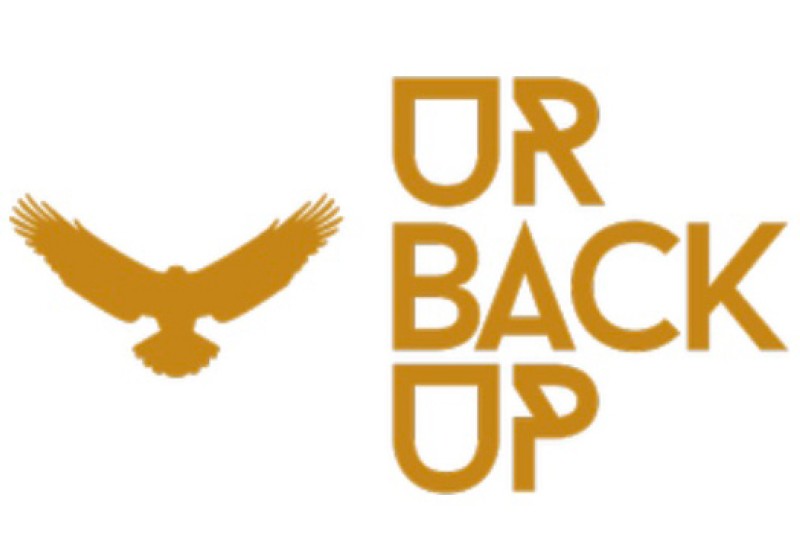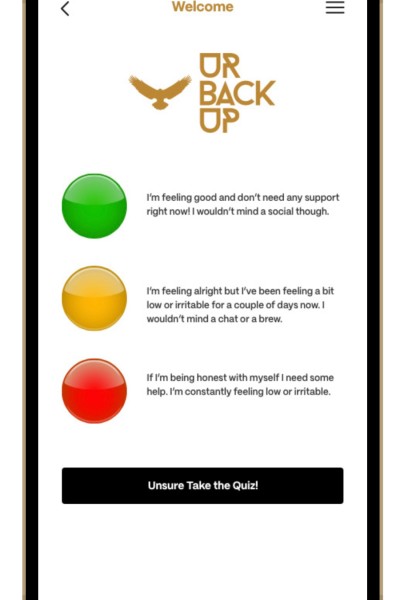BU Student Wellbeing App Extends Support to Military Veterans: Enhancing Mental Health Services
A final year Bournemouth University (BU) student has developed a wellbeing app designed to help military personnel and veterans who struggle with isolation, anxiety and depression, and help them to connect with the right mental health support.
The app named ‘Urbackup’ was developed by BU student Savannah Thompson who is currently in the final year of her BSc (Hons) Biomedical Sciences course at BU.
Savannah, who was medically discharged from the Army in 2021 won a place on the ‘Virgin Money Foundation Young Change Maker Fellowship’ for the initial concept of the app. Along with funding from ‘The Virgin Money Foundation’ and ‘The National Lottery’. Savannah was able to take the idea to students at Northumbria University who turned her concept into a workable prototype. Local company Dorset Tech have since taken the prototype and developed the app into a commercial product that can now be used by members of the public.
Groups within the armed forces community are at a greater risk of suffering with their mental health and might be in need of targeted support, according to Savannah: “The concept for the app came from repeatedly hearing the same sorts of stories around people needing support but either not knowing where to go, not wanting to ask for help, or feeling rejected when they have approached charities who weren’t able to help them.”
Savannah’s own personal experiences including witnessing colleagues suffer with their own mental health has helped her to develop the app, saying: “I think a lot of people hear about military mental health and immediately assume we’re discussing combat related PTSD (Post Traumatic Stress Disorder), and that does make up a percentage of cases. However, in the same way that civilians can struggle with anxiety and depression, military personnel aren’t exempt from these either. It can be related to service, traumas from childhood, the stresses of everyday life, but when it comes to the military, people are expected to put the service first, largely at the expense of their personal lives.”
She continues: “In addition to this, it is a big change for personnel to transition out of the military and into the civilian world again. There will be some people who struggle immediately with the change and others who struggle years down the line. Some will suffer from service attributed traumas from deployments, while others will leave the service and cope without any need for support.”
The app works like a traffic light system to help the user navigate to the right type of services. When ‘amber’ or ‘red’ is selected, a notification is sent to one of the charities linked with the app, who are then able to get in touch with the individual user. There is also a quiz feature for when the user is unsure about what services they might require, and alert messages display the phone numbers of 24/7 crisis lines.
Some of the charities already involved in the App include: Rock2Recovery, Healthier Heroes, Tough Enough to Care, Phoenix Heroes, Veterans at Ease, Tom Harrison House, Aggie Weston’s and Head Up charity to join soon. Savannah hopes to see more charities join the app in the future, as well as involving other countries to adopt similar Apps including the USA, saying: “As part of my fellowship, I was able to travel to America last year where I met with some inspiring organisations, charities and individuals working in the veteran mental health space. I’m currently working on having a US version integrated into the App for use there too.”



